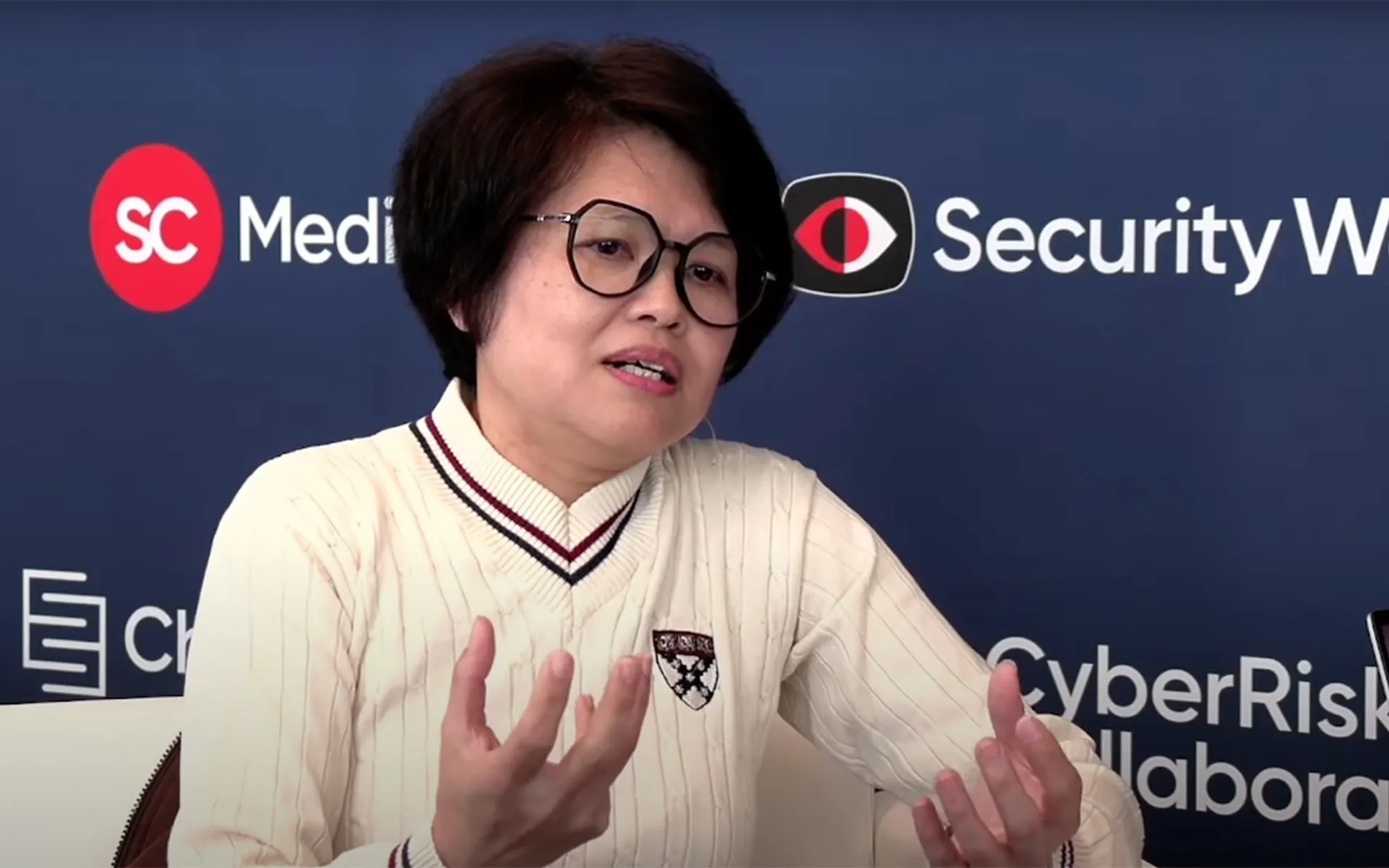A federal judge in Chicago issued an opinion on February 16 that would deny the government's attempt to force Apple device owners from providing a fingerprint to unlock their device.
The 14-page opinion and order, part of a child porn case, adds to the growing debate around individual rights to privacy and the needs of law enforcement to get past encryption technologies to further their investigations.
It boils down to Fourth Amendment protections against unreasonable search and seizure as well as the Fifth Amendment right to avoid self-incrimination.
In recent similar "forced fingerprinting" cases, prosecutors have argued that providing a fingerprint does not threaten an individual's Fifth Amendment right to not implicate oneself. A fingerprint provided as a means to identify an individual has, of course, been allowed in court. However, a fingerprint pressed into service as a means to unlock a user's smartphone is unfolding in courtrooms as an entirely different matter.
While Judge M. David Weisman stated in the court document, still sealed, that law enforcement did have probable cause to search a particular home, he drew the line when it came to "compelling individuals to provide their fingerprints to unlock an Apple electronic device."
The case in Chicago also riles privacy advocates who argue that requiring those swept up in an investigation to provide fingerprints to unlock a device raises Fourth Amendment issues against unreasonable searches and seizures.
Speaking with Ars Technica about the case, Abraham Rein, a Philadelphia-based tech lawyer, pointed out that "there is a big difference between using a fingerprint to identify a person and using one to gain access to a potentially vast trove of data about them and possibly about innocent third parties, too."
Others contend that the law's increasing attempts to force the issue likely will prompt technology companies to toughen up their devices, adding biometric verifications along with a passcode, for instance.
In any case, the extent of how far government officials can reach into individuals' possessions is still unfolding. And it's still an open question how policies will shape up under President Trump. While border agents have always had the right to search luggage and personal possessions, with the growth of smartphones and other personal digital devices, the officials' rights to search those possessions are currently in a constitutional grey area.
Some international travelers have been required to hand over their devices to U.S. Customs and Border Protection agents once they arrive into U.S. airports. While such incidents did increase fivefold in the last year of the Obama administration, privacy watchdogs have said they've seen a spike in complaints about searches of digital devices by border agents since Trump took office. Customs officials explain that travelers are carrying more devices than in the past, so it's only a perception that there's been an increase of searches.



